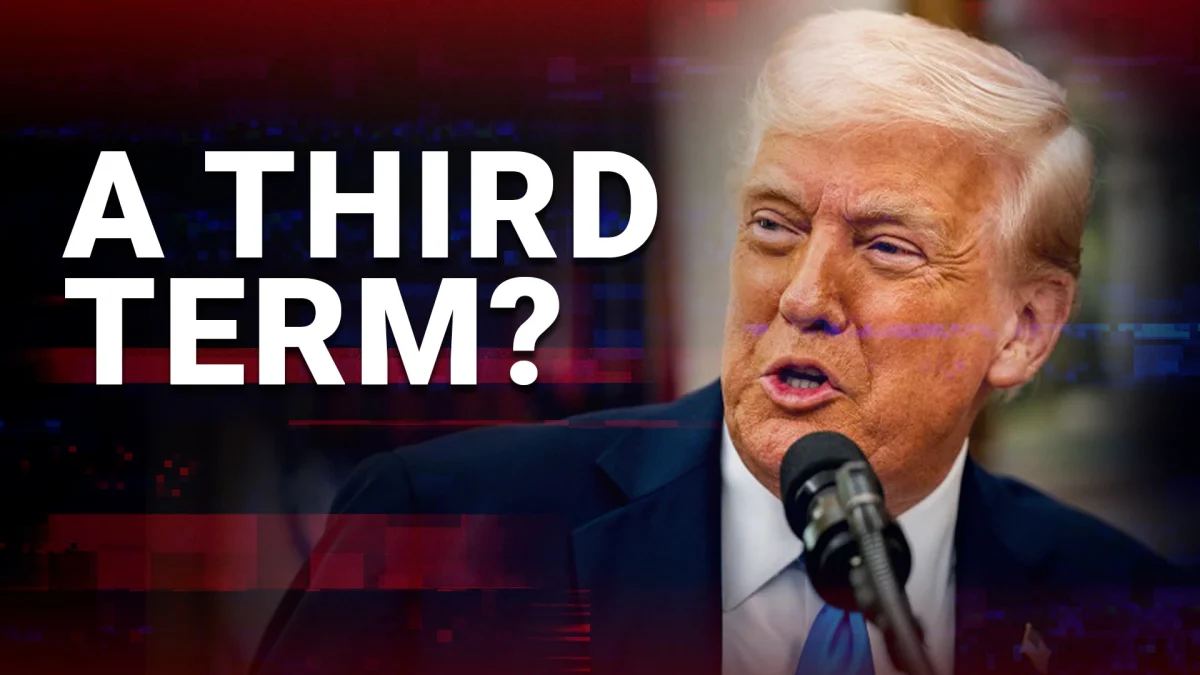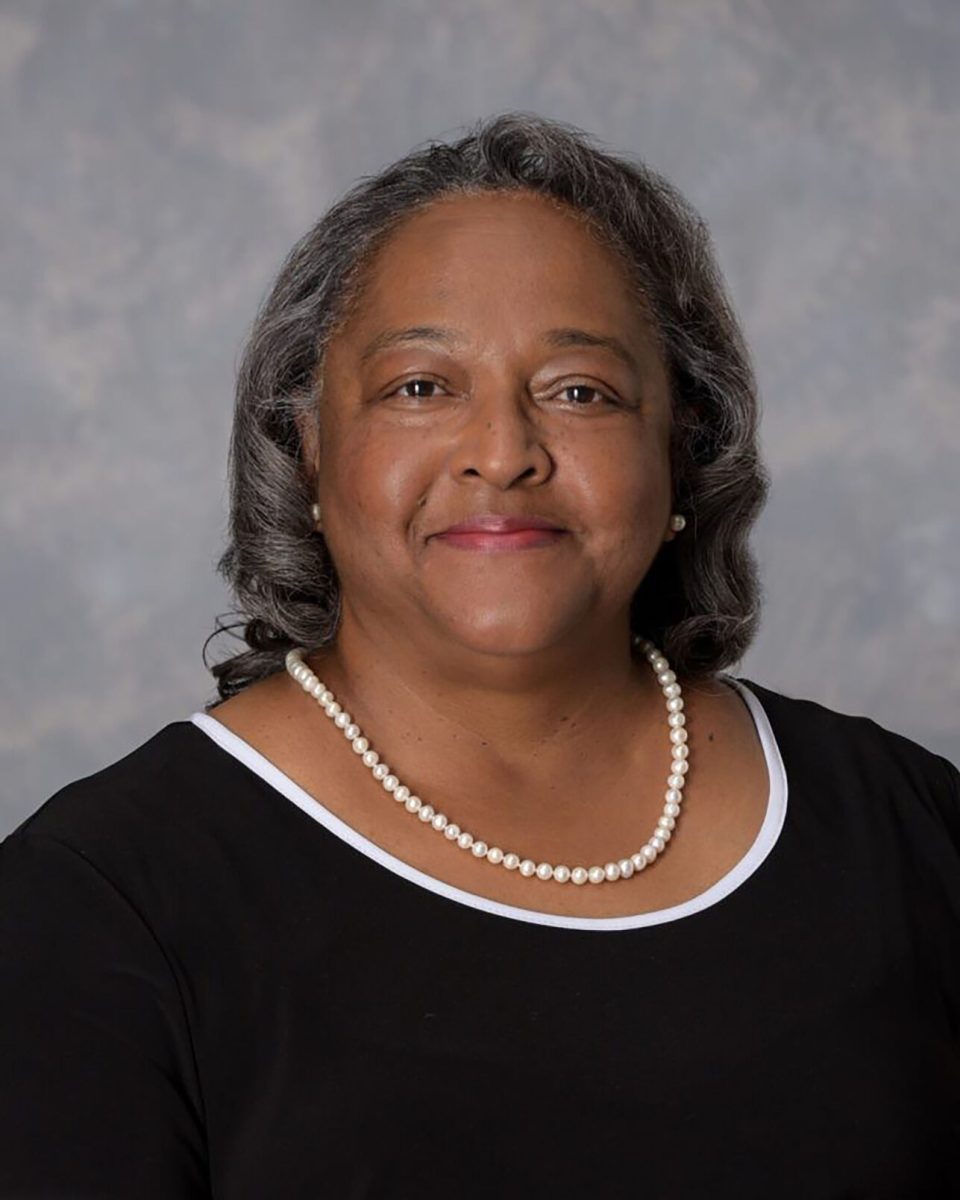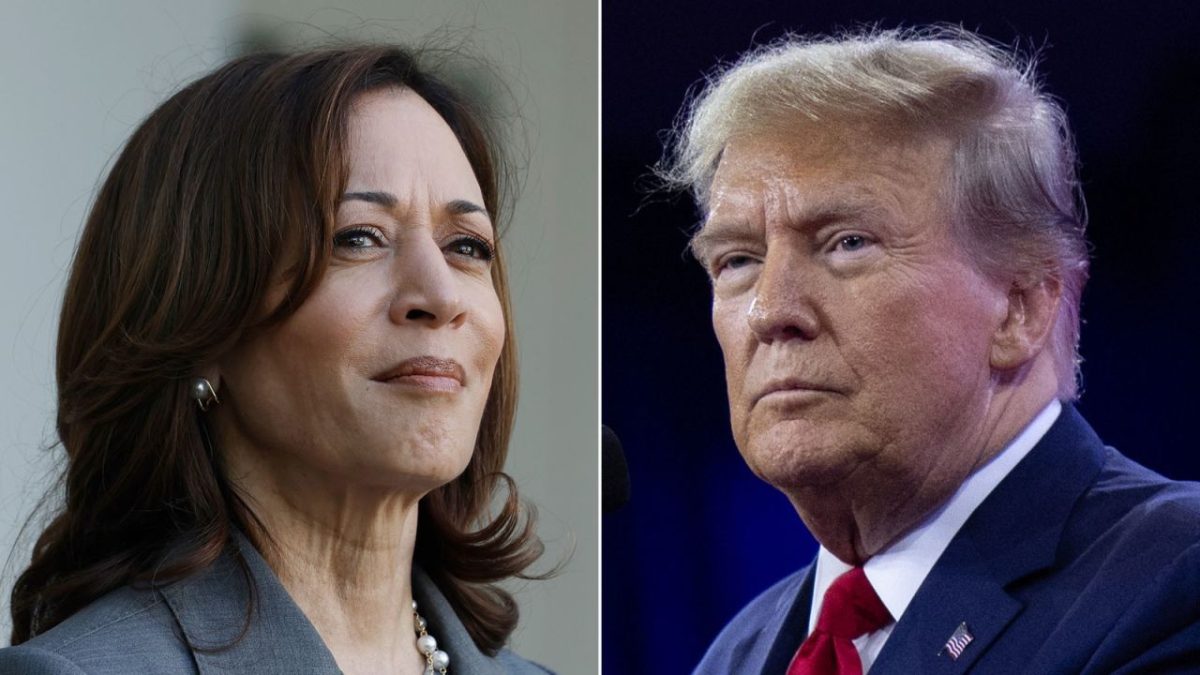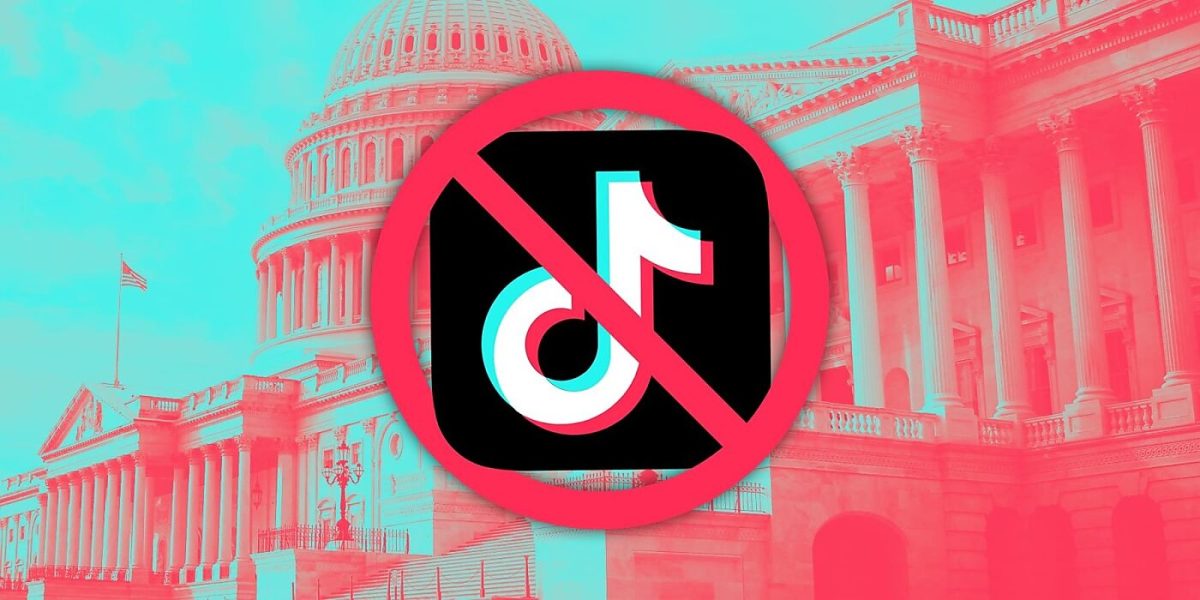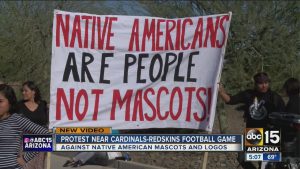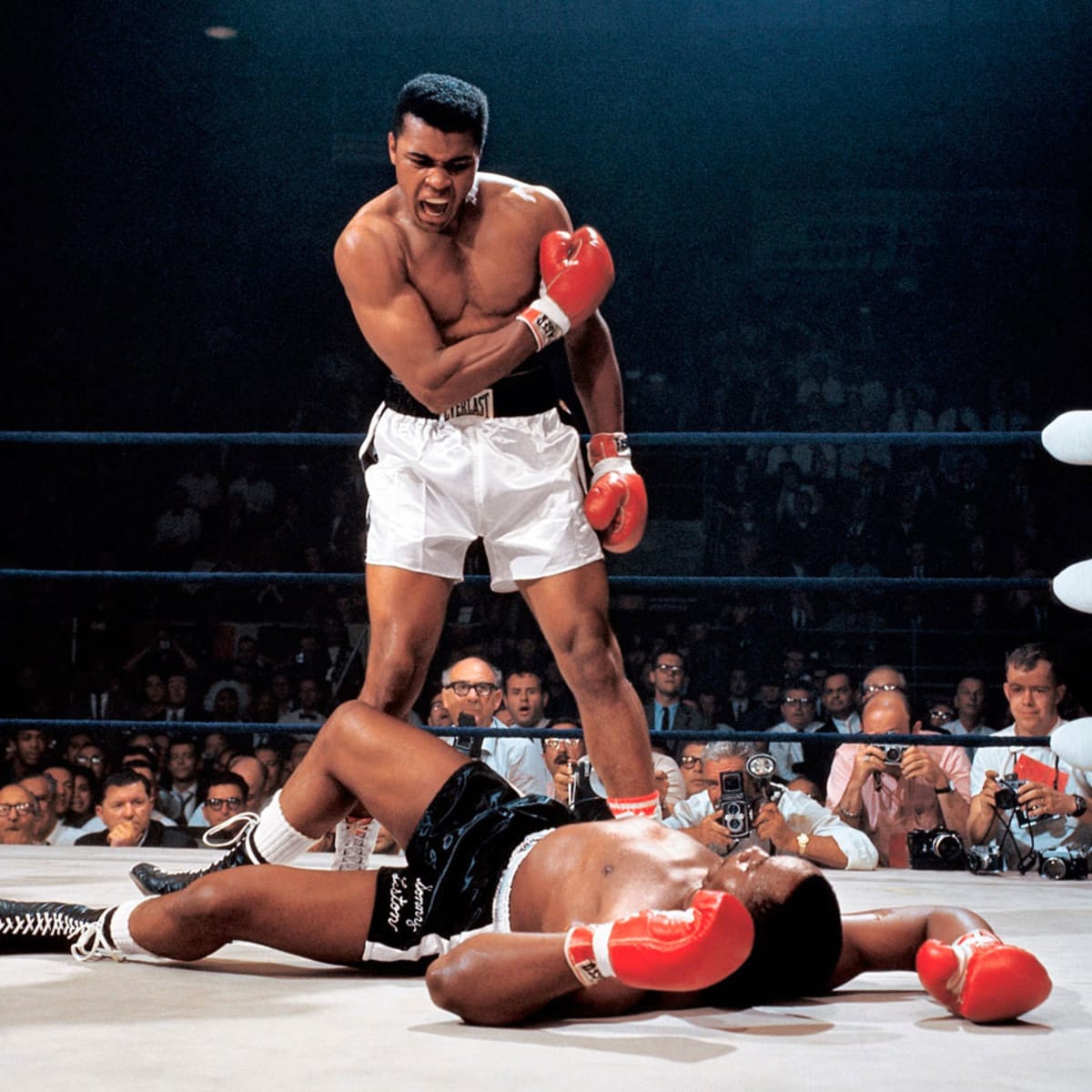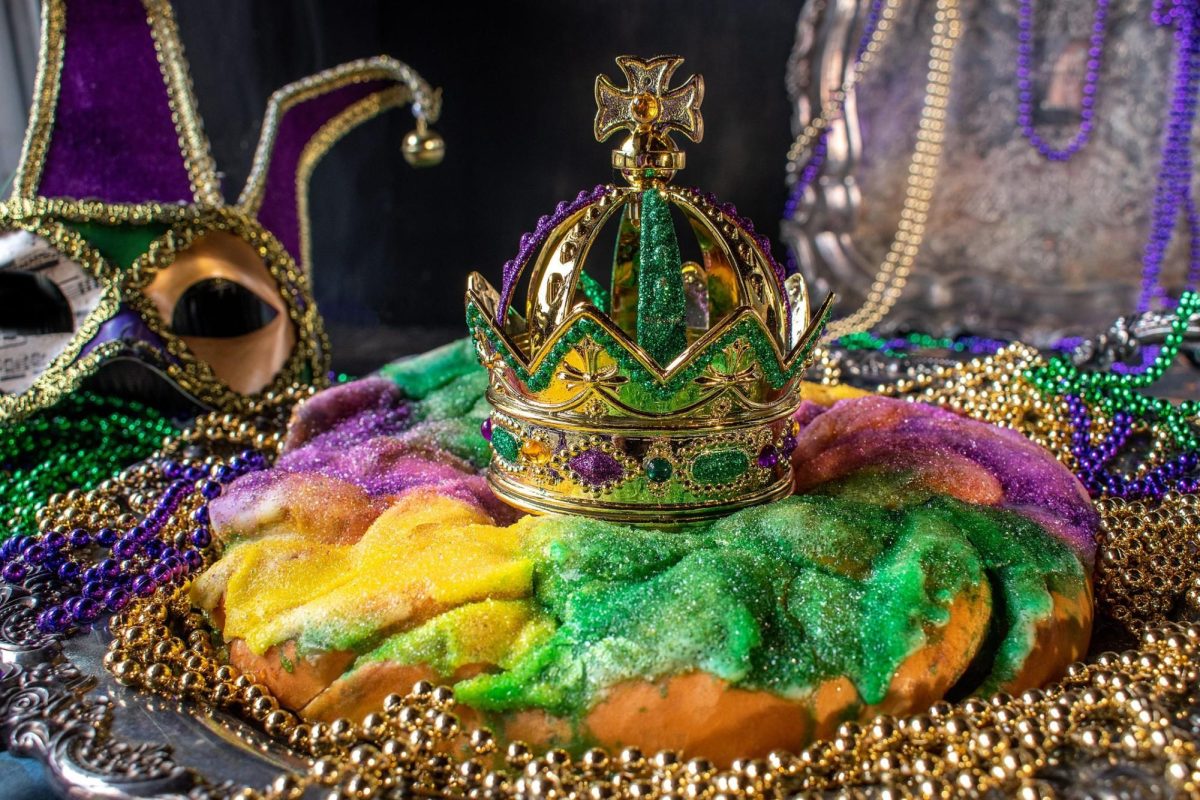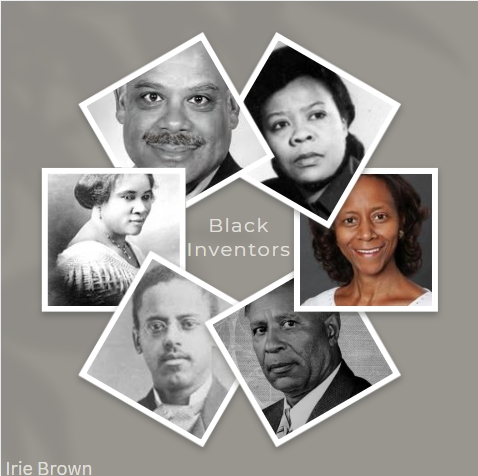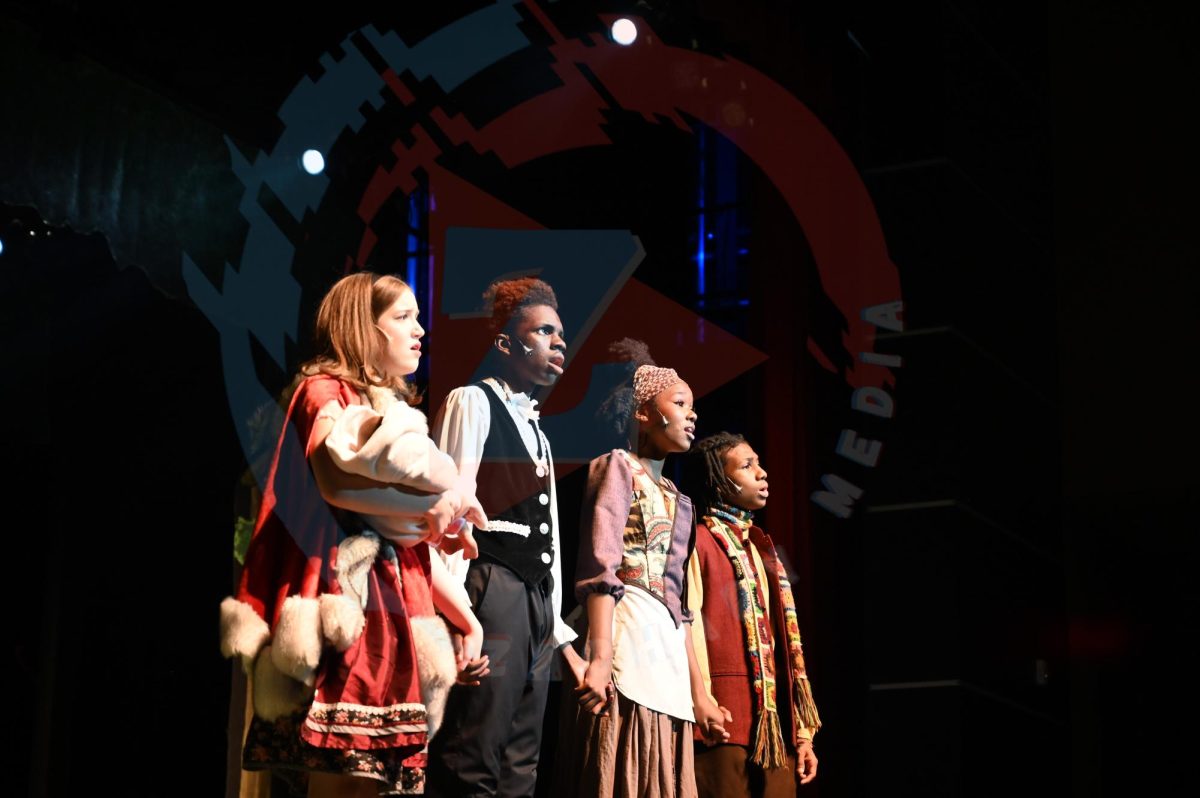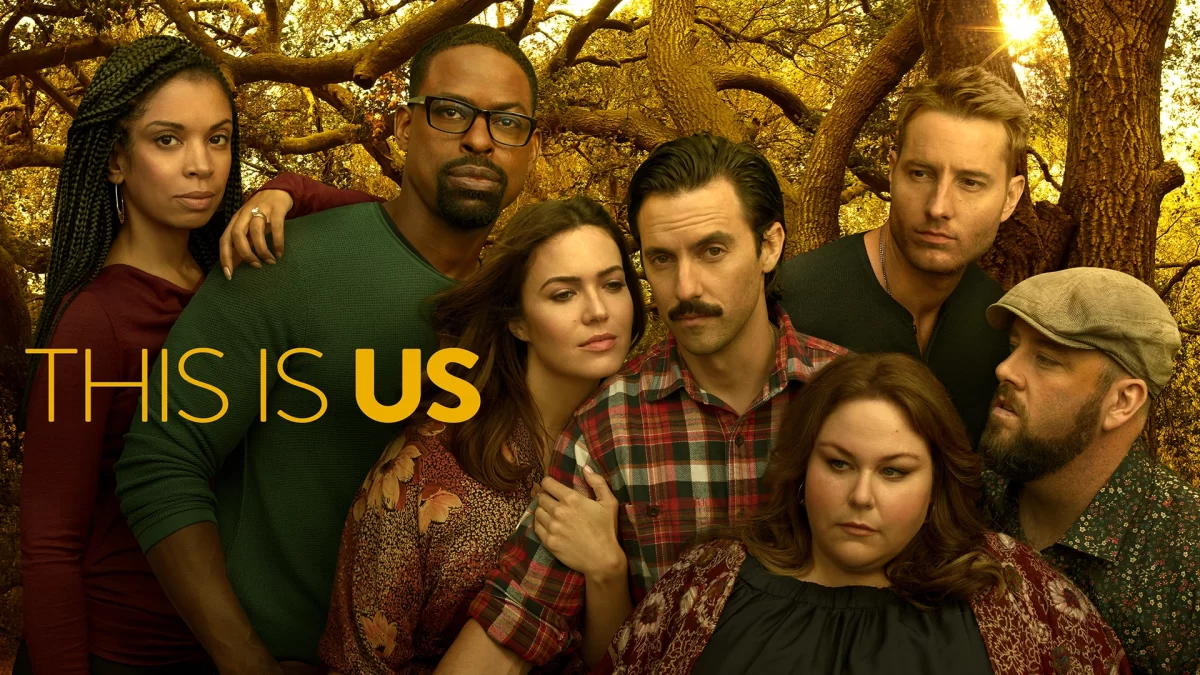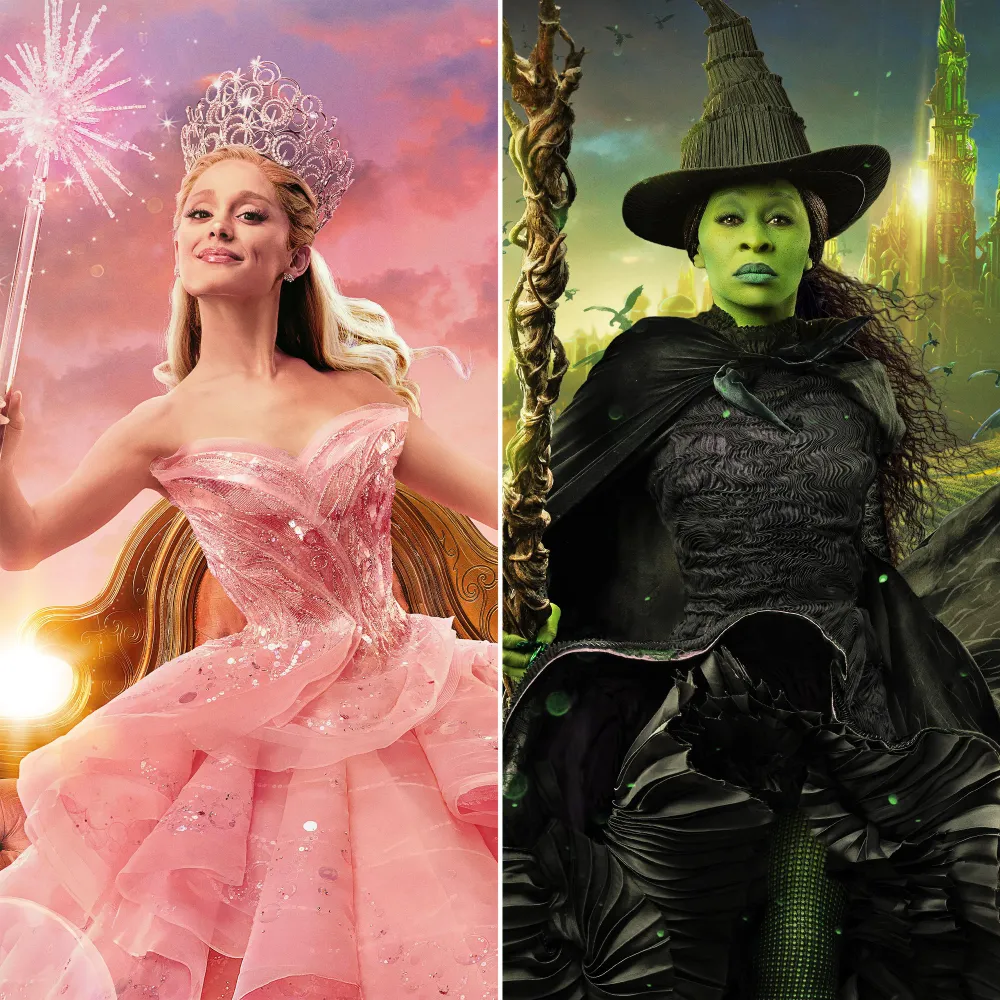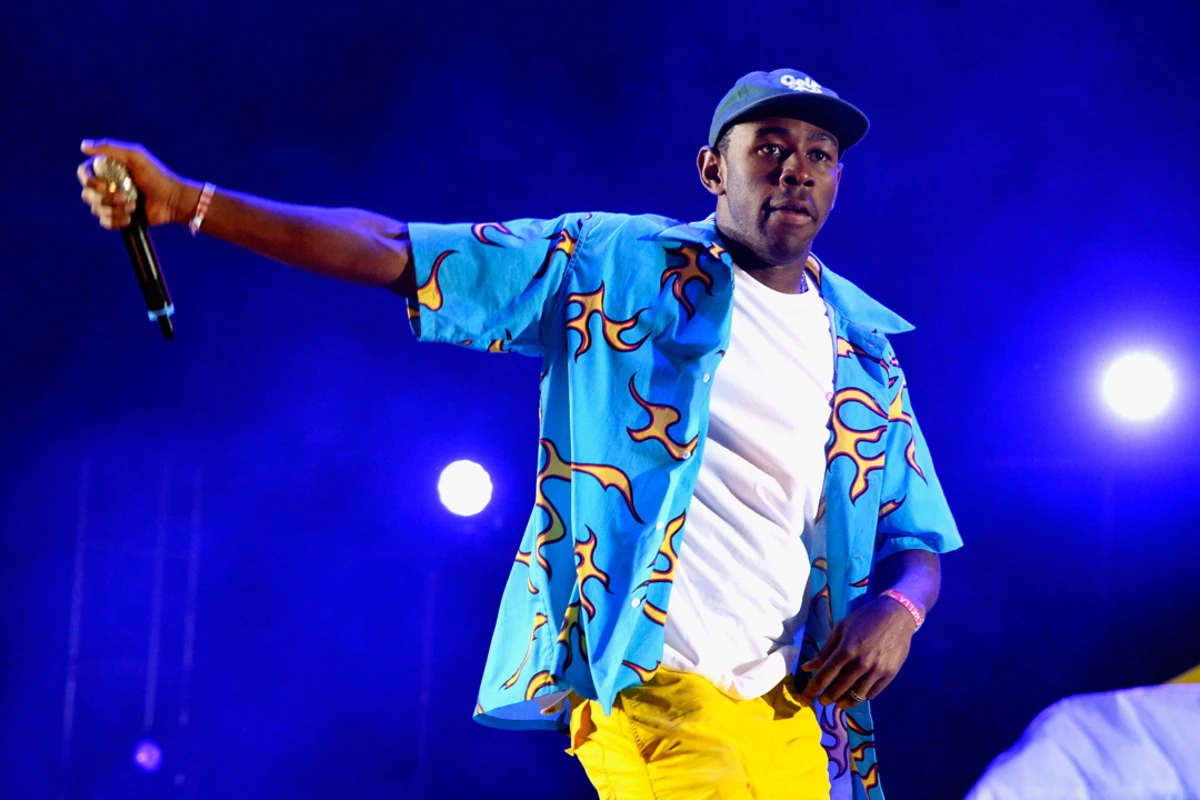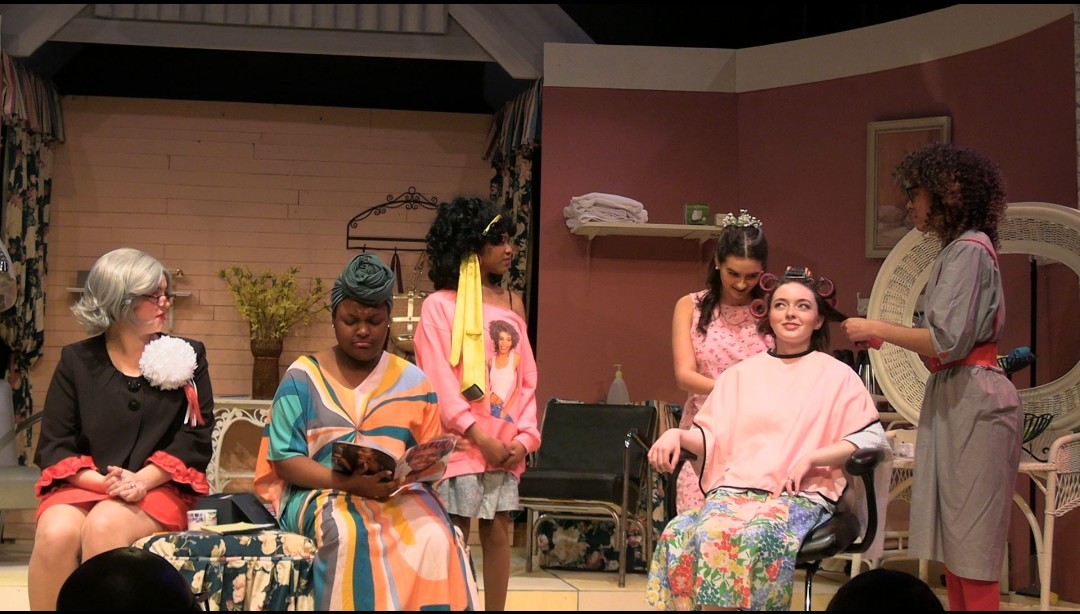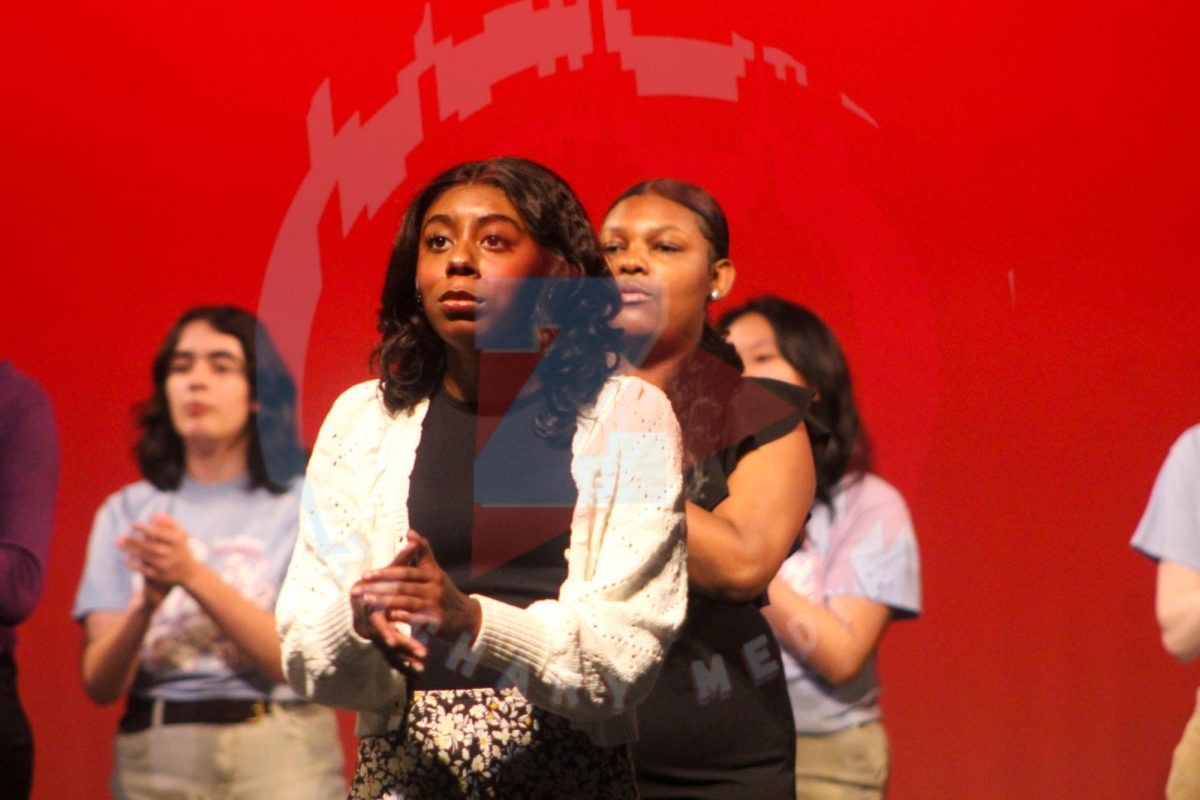Black History Month: A Continued Fight for Equality
February 28, 2023
Since 1976, countless African Americans in the U.S. have celebrated the progress and achievements in the fight for equality and equal representation. We examined history, received students’ points of view, and stated the importance of Black History Month.
The History
 Black History Month was the originally “Negro History Week” created by Carter G. Woodson in 1915, half a century after slavery was abolished. Woodson and prominent minister Jesse E. Moorland founded the Association for the Study of Negro Life and History (ASNLH), an organization dedicated to researching and promoting achievements by Black Americans and other peoples of African descent.
Black History Month was the originally “Negro History Week” created by Carter G. Woodson in 1915, half a century after slavery was abolished. Woodson and prominent minister Jesse E. Moorland founded the Association for the Study of Negro Life and History (ASNLH), an organization dedicated to researching and promoting achievements by Black Americans and other peoples of African descent.
It wasn’t until 1976 that it became a nationally recognized month by President Gerald Ford. Additionally, Canada and the UK celebrate Black History Month. Each year there is a theme for Black History Month, and for 2023 it’s “Black Resistance,” which explores how blacks have resisted historical and ongoing oppression in all forms, especially the racial terrorism of lynching, racial pogroms, and police killings.
Student’s Point of View
Black History Month recognizes African Americans’ fight to achieve racial equality. “Martin Luther King Jr. inspires me the most because he marched for black’s freedom,” Jace Green (9) said, “I believe blacks have reached equality; Local Americans like, Troy Carter and Darryl Lawrence are getting elected to political positions.”
Learning about her ancestors is what Black History Month means to Chloey Johnson (9). She believes blacks haven’t reached full equality because some are discriminated against for the color of their skin. “Ruby Bridges inspires me the most because she stood tall even while many shouted insulting terms at her all-white school,” stated Johnson. Additionally, Johnson researched many Civil Rights activists to learn more about their past to educate herself further.
Black History Month, to Mason Rojas (9), means celebrating the accomplishments of the African American community. Agreeing with Johnson (9), Rojas believes blacks have not reached full equality. “African Americans are still criticized for the color of their skin. We need to make a change to stop this collectively”, stated Rojas, “Martin Luther King Jr. inspires me the most because he is willing to go to jail for what he believed was right.” Rojas is putting his voice forward by participating in the Black History Month program on February 28.
The Importance and Message
 The fight for equality and equal representation for people of color is only possible with vocal and influential civil rights activists—most notably, W.E.B. DuBois, the founder of the NAACP and most outspoken black intellectual of his time. DuBois encouraged African Americans not to limit themselves and to embrace their African culture. Mary White Ovington was a prominent activist for civil rights and women’s suffrage and started the NAACP alongside DuBois. Brilliant attorney Thurgood Marshall, associated with the NAACP, argued the historic 1954 case, Brown v Board of Education.
The fight for equality and equal representation for people of color is only possible with vocal and influential civil rights activists—most notably, W.E.B. DuBois, the founder of the NAACP and most outspoken black intellectual of his time. DuBois encouraged African Americans not to limit themselves and to embrace their African culture. Mary White Ovington was a prominent activist for civil rights and women’s suffrage and started the NAACP alongside DuBois. Brilliant attorney Thurgood Marshall, associated with the NAACP, argued the historic 1954 case, Brown v Board of Education.
Countless historical and prominent African American activists have paved the way for the future generation of leaders. Without them, the world would not be where we are today; some have sacrificed their lives for what they believed in, and this should not be taken lightly. They teach us that the color of our skin does not define nor limit us but allows us to embrace ourselves. We will forever remember and recognize their efforts and achievements to make the world a place of equal opportunity.
Black History Month 2023: Facts, Origins & More | History – History. https://www.history.com/topics/black-history/black-history-month.
“Civil Rights Leaders.” NAACP, 11 Feb. 2022, https://naacp.org/find-resources/history-explained/civil-rights-leaders.


